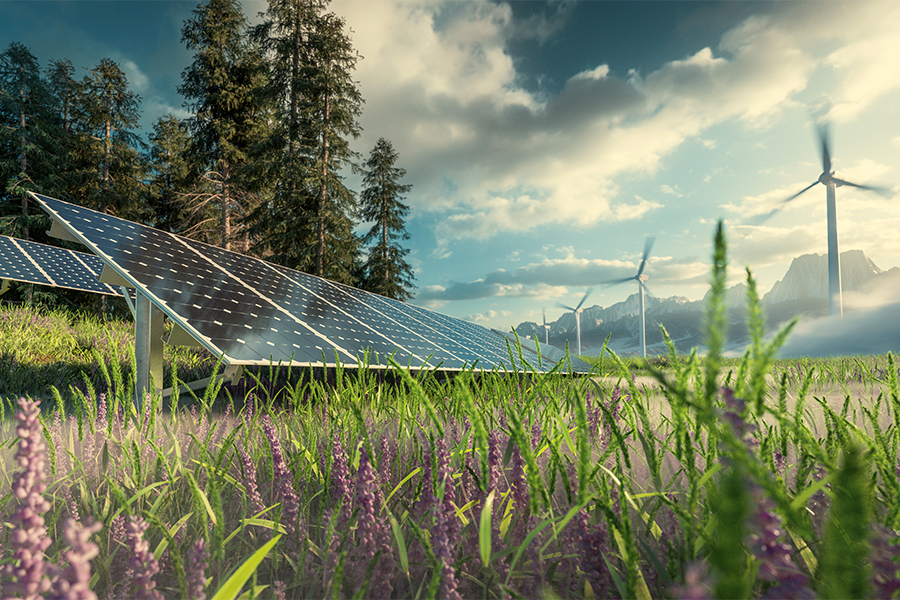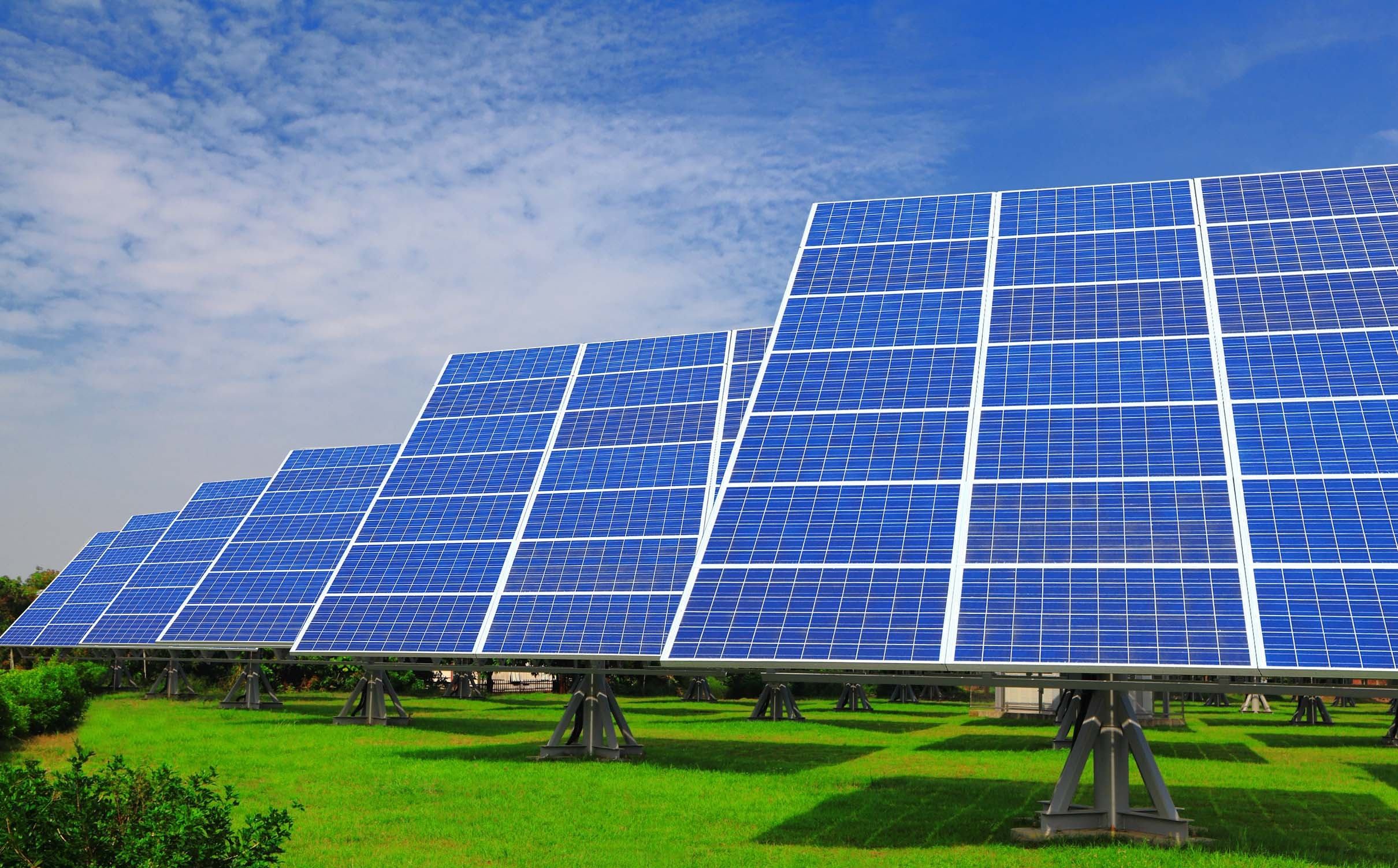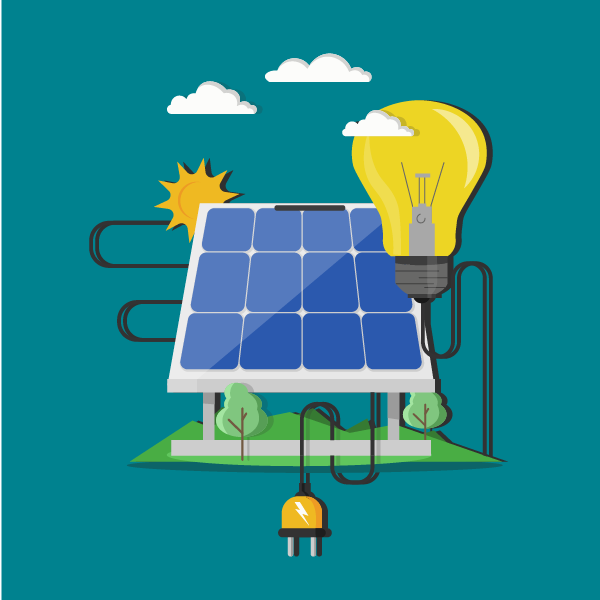The cost of renewable energy can be a major barrier for developing these resources. Although it has some advantages over conventional sources of energy, it must be weighed against the risks of using them. To begin, it is important to recognize that there are many factors that affect the cost of renewable energy. This article explains the differences between these factors and the cost of developing renewable resources. A key issue is the location of the potential renewable resources. This is a critical consideration for the future economics of renewable energy.

While renewable energy can be derived from a number of natural sources, some of these resources can be problematic. For example, geothermal resources require drilling and reinjection, and drilling for these resources has environmental risks similar to those associated with petroleum production. Hydroelectric resources are linked to surface water rights and can present complicated legal issues. Solar and wind energy are free and use free resources. However, the cost of these resources is still prohibitive for many countries.
The cost of integrating a renewable energy generating facility is not quantifiable. The initial costs may be prohibitively high, but the savings could be significant. By diversifying the country’s energy supply mix, governments can protect ratepayers from financial and price volatility. In addition, a renewable energy generating facility serves as a hedge against inflation and other risks. And finally, a new renewable energy generating facility can reduce the overall cost of electricity generation and reliance on fossil fuels.
The use of renewable resources dates back to the beginning of civilization. Early people harnessed the forces of nature and used them to create electricity and portable high-density energy sources. This was the era of oil and coal, and the technology to harness the energy from these sources is as old as the first sailing ship. This article will provide you with a brief overview of the history of renewable energy. Once you’ve read this article, you should be able to better understand the benefits of using these sources for energy.
In addition to using renewable energy to power your home, you can also use it to power industrial facilities. Unlike fossil fuels, renewable energies are clean, efficient, and cost-effective. By utilizing their advantages, these technologies can help you achieve your goals of sustainable energy. They can be incorporated into existing systems to produce electricity and heat. But they will be expensive to build. Aside from that, they’re not limited to electricity.
Another key benefit of renewable energy is that it’s highly reliable. In the past, there has been a lot of controversy around the issue of security. As a result, the use of fossil fuels has been a major security threat. Not only is it costly to extract and transport, but it also has political risks. Not only does this cause higher energy prices, it can drain a country’s economy and even lead to unwarned wars. Fortunately, a strong infrastructure and solid regulations make renewables a reliable source of electricity.
In addition to the environmental benefits, renewable energy has several other benefits. It provides abundant energy and lowers your energy bills. The U.S. has become increasingly aware of global warming, and is taking action to combat it. With such a goal, the country needs to create jobs to meet these goals. The growth of the renewable energy industry has led to an increase in employment and the number of jobs associated with it has increased dramatically. The cost of renewable energy is higher than fossil fuels, but the benefits of this new source of energy are immense.
The price effect of renewables is not compensated by the fact that they are more expensive. Moreover, it is often difficult to predict the price of renewable energy, which is largely dependent on weather conditions. A large number of countries have adopted policies that make renewable energy more competitive and more reliable, but a lack of policy certainty is the biggest barrier. As a result, the price of electricity from renewables has been negatively impacted in the U.S. in some jurisdictions.
Considering the cost of electricity produced by renewables, they are more expensive than fossil fuels. It’s also difficult to use them on a large scale because they are intermittent. Instead, the renewable electricity is not dispatchable. Consequently, the renewable electricity production is unpredictable. As a result, the grid must be adapted to compensate for the intermittent nature of the energy. It’s possible to use some of the resources generated from fossil fuels.






